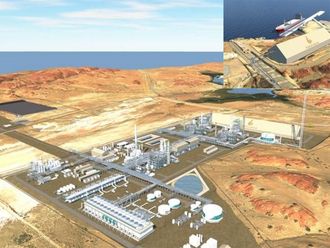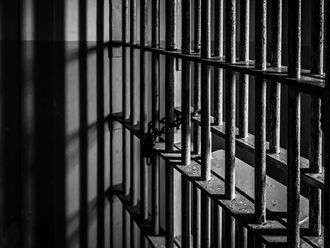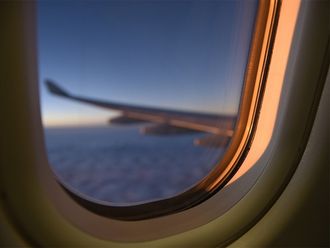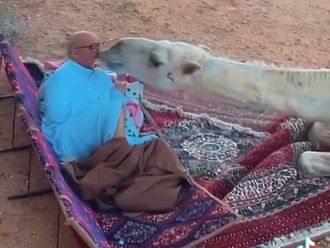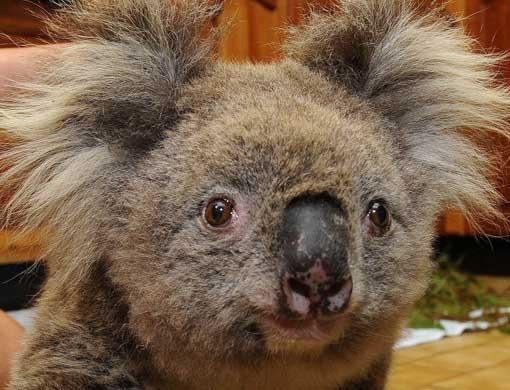
Canberra: Australia's beloved, gum-tree munching koalas are set to be listed as a threatened species in some parts of the country next week after a plunge in the wild population due to habitat destruction, road deaths and disease.
Australian Environment Minister Tony Burke is expected list koalas in south-east Queensland as "endangered", and those in east New South Wales as "vulnerable" on Monday, according to local media reports.
That will mean the furry marsupials will get federal government protection for their habitats in those areas, with conditions imposed on plans including mining projects, logging operations and housing developments.
But koala advocates and environmental groups say such a move, under pressure from industry groups, would not go far enough.
"Minister Burke has already foreshadowed that he is not going to protect koalas across the whole landscape," the chief executive of the Australian Koala Foundation, Deborah Tabart, told the Australia Broadcasting Corp.
"Because I have been in my job for so long and I sat through the senate enquiries last year, I know industry is afraid of a listing and I know they have lobbied very hard. The logging industry, the development industry and forestry all pleaded with the senators last year, please do not list."
Estimates on koala numbers vary but some studies suggest there are fewer than 80,000 koalas left in the wild, and they are now under combined pressures of habitat destruction and climate change. Many carry Chlamydia, which has been blamed for a drop in koala fertility.
Research conducted in Gunnedah, a koala habitat 400 km (250 miles) northwest of Sydney, has shown that numbers for the animal have declined by 75 percent since 1993.
Ecological expert David Paull, who did the Gunnedah study, attributed the decline of koala numbers in that area to the drought and hot weather recorded in the last decade.
"A lot of koalas were dehydrated, and I think perhaps it might be an early sign of climate change that has something to do with this," Paull told Reuters.
Koalas in other parts of Australia also suffer from habitat loss, which is caused mainly by housing development, car accidents and dog attacks, Paull said.
A senate inquiry initiated by the Greens last year recommended that the koala should be considered for being listed as a vulnerable species in areas of significant population decline.
"Tony Burke can't delay his decision any further — he should list the koala as vulnerable, and act now to strengthen national environment laws," Australian Greens senator Larissa Waters said in a statement on Thursday.
Burke, who has deferred the decision twice before, is due to rule next Monday based on advice from the national Threatened Species Scientific Committee.



